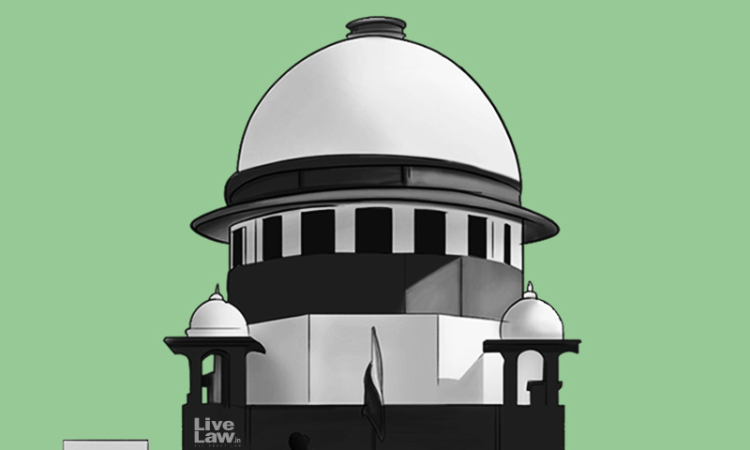Section 17A of Prevention of Corruption Act Not Retrospective; Not Applicable To FIRs Before 2018 Amendment: Supreme Court
ANIRUDH VIJAY
12 Feb 2022 11:30 AM IST

Next Story
12 Feb 2022 11:30 AM IST
The Supreme Court has observed that Section 17A of the Prevention of Corruption Act, 1988 ("PC Act") is not retrospective in nature. Section 17A of the Act came into force on 26th July 2018, and provides that there cannot be any enquiry, inquiry, investigation without prior approval of the appropriate authority. Justice Indira Banerjee and Justice J.K. Maheshwari, while allowing...
